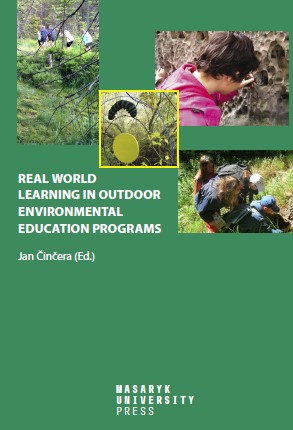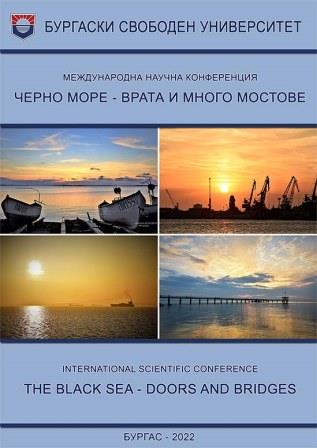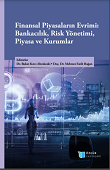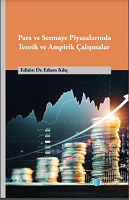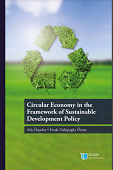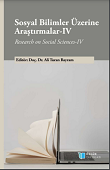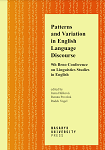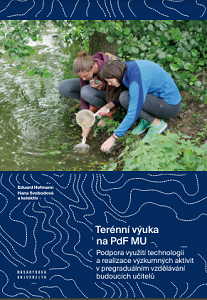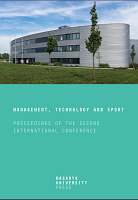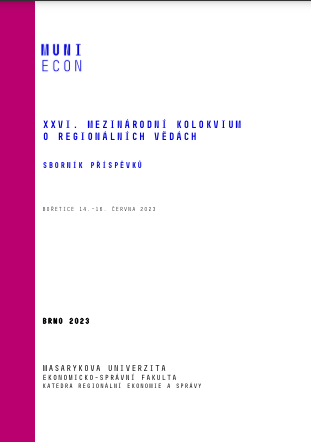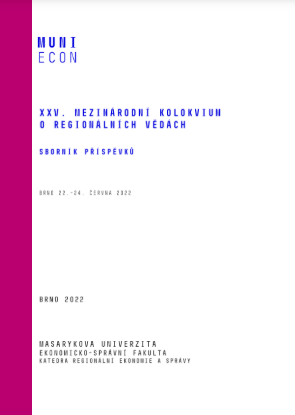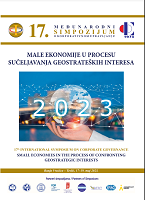Author(s): Yunus Emre Karaca,Mustafa Naimoğlu,Ahmet Melik Sahabi / Language(s): Turkish
Publication Year: 0
In 1990-2018, the Turkish economy has higher annual growth rates than the world in terms of annual average GDP, financial development, population, exports, fossil fuel use, and CO2 emissions. While this situation makes the Turkish economy an important economy for the increase of the global economy, it also makes it an important country for reducing global environmental degradation. Therefore, in this study, the effect of financial development and globalization on ecological footprint, which is an important indicator of environmental quality in Turkey, is investigated. For this, the variables of financial development, globalization, economic growth, energy consumption, and ecological footprint were used as annual data for the period 1990-2018. The stationarity of the variables was investigated with standard-ADF and Fourier-ADF tests. The cointegration relationship between the variables was tested with the Fourier Engle-Granger cointegration test, which has been introduced to the literature in recent years. FMOLS, DOLS, and CCR estimators were used for long-term coefficient estimation. According to the research findings, it has been seen that globalization is a more effective tool than financial development in reducing the ecological footprint. For this reason, globalization offers very important opportunities for the solution of environmental problems in Turkey.
More...
